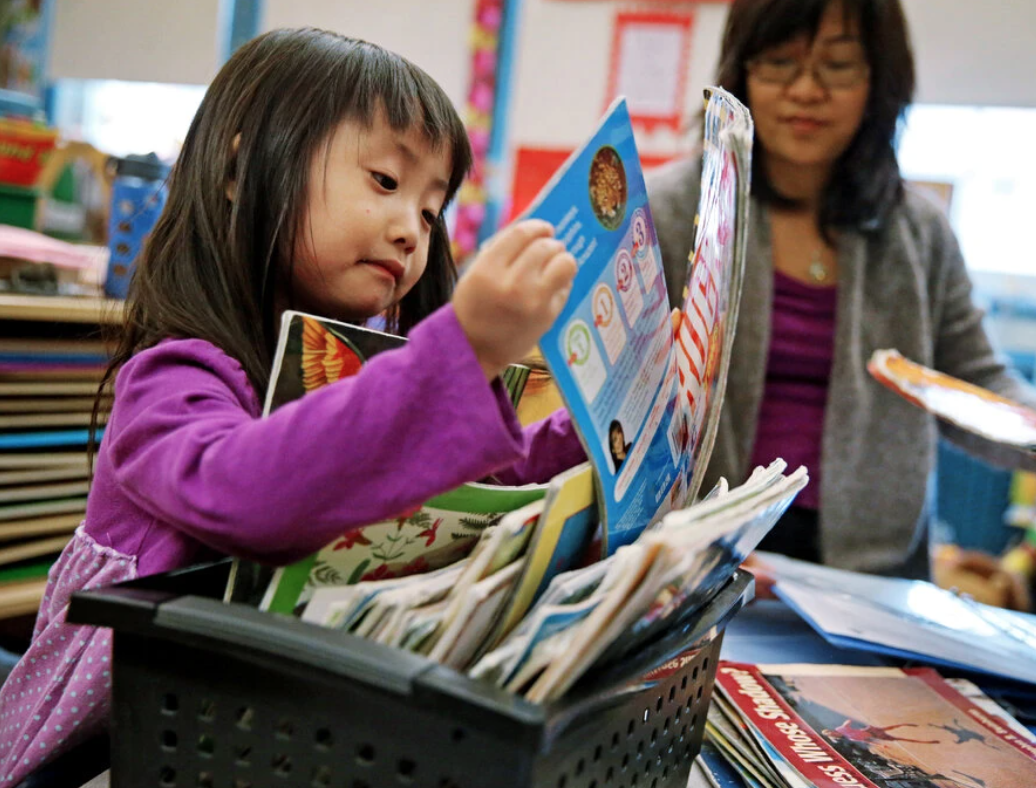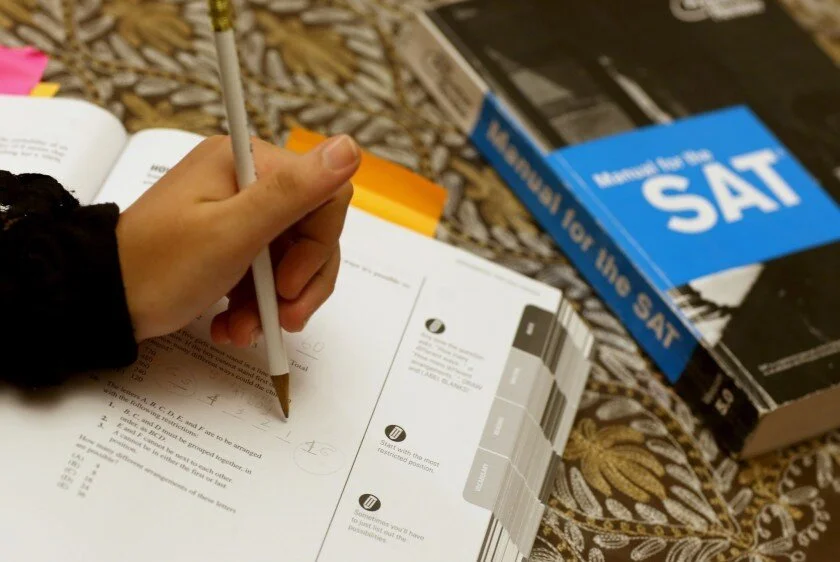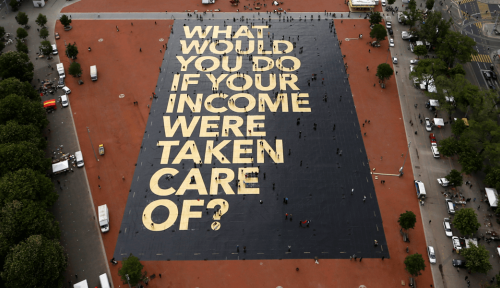A new piece in Forbes features Enrico Moretti’s research on the “geography of jobs” – in particular, how high rates of skilled labor inmigration and labor market clustering allow regions like Silicon Valley to continue growing in the face of high costs of living. Still, author Richard McGahey notes that this means low- and middle-income households struggle for a place in the housing market. Read more here.
David Card and Hilary Hoynes are Leaders in Economics' "Credibility Revolution"
Paul Krugman recently wrote an opinion piece for the New York Times on the “Credibility Revolution” in economics. This shift in thinking, according to Krugman, stems from economists like David Card and Hilary Hoynes, who are putting evidence and data at the forefront of their research. Read the article here.
Solomon Hsiang on Estimating the Social Cost of Carbon
Sol Hsiang recently co-authored a study published in Nature quantifying the social costs of carbon emissions by “characterizing how additional CO2 emissions today impact future economic outcomes through altering the climate.” Read the publication here.
David Card Awarded Nobel Prize in Economics
On October 11th, David Card was awarded the 2021 Nobel Prize in Economics along with Joshua Angrist and Guido Imbens. Card has pushed the boundaries of the field of labor economics for over three decades, including his landmark 1993 paper with Alan Krueger on a New Jersey minimum wage increase.
Read more about the award and read his 1993 paper here.
Solomon Hsiang on Climate Change Migration
Solomon Hsiang recently appeared in a segment of NPR’s Marketplace discussing how climate change crises such as rising sea-levels and water scarcity could potentially leave over 200 million people without homes in the next 30 years. However, as Hsiang highlights, “migration is tricky … because people have a lot of incentive to stay where they are.” Listen to the episode here.
Hilary Hoynes on the Benefits of Anti-Poverty Programs
Hilary Hoynes was recently featured in a NY Times article by Paul Krugman for her research on the impact of America’s anti-poverty programs on children living in poverty. Her findings showed that “unlike tax cuts for the rich, aid to poor children would largely pay for itself” purely in fiscal benefits alone, on top of the educational and health benefits these programs offer. To learn more, check out full article here.
Hilary Hoynes on What the Expanded Child Tax Credit Means for American Families
Hilary Hoynes recently co-authored an article in Quartz on how the Biden administration’s expanded child tax credit will lift millions of children out of poverty. Hoynes also discusses research surrounding other long-term benefits of the program, including improved health and educational outcomes.
Jesse Rothstein on why people are dropping unemployment benefits before they run out
Jesse Rothstein recently appeared on NPR’s Marketplace podcast explaining why a large number of people with pandemic unemployment benefits were choosing to take up employment before their benefits ran out.
Hilary Hoynes featured in Ezra Klein column: What the Rich Don't Want to Admit About the Poor
Hilary Hoynes was quoted in an Ezra Klein opinion piece on what the debate over a guaranteed income reveals about how we prioritize worker power vs. low costs. In Klein’s words, “it is rising worker power, not continued poverty, that we treat as intolerable,” and argues that more robust income supports could eradicate poverty if that were a true priority.
Chris Walters on The Power of Pre-K
Chris Walters’ research on the longterm effects of universal pre-school was recently featured in the New York Times. The study showed that winners of the pre-school lottery in Boston had lower incarceration rates and higher rates of college enrollment, although evidence for better test scores was mixed.
Emmanuel Saez: California Should Pass a Small Tax on Big Wealth
Emmanuel Saez recently co-authored an op-ed in the LA Times on how the California tax system favors the ultra-rich and the importance of fixing it. He argues that while the “ordinary rich” pays their fair share in income taxes, California’s billionaires escape this by holding on to stock and not taking cash salaries.
Enrico Moretti on Remote Work and American Supercities
Enrico Moretti was recently interviewed in a Vox article on the future of American supercities post-pandemic. In the article, Moretti explains why people have historically tended to cluster geographically and why the benefits of agglomeration economies cannot fully be obtained from remote work.
Hilary Hoynes: Family Stipends Help Lift Children Out of Poverty
Childhood poverty has been linked to a number of developmental delays that can last well into adulthood and continue the cycle of poverty for generations. In a recent NPR article on the subject, O-Lab Director Hilary Hoynes explains how providing additional income support to low-income families and single mothers can improve long-term educational outcomes, reduce criminal activity, and improve the health of children growing up in poor households. Check out the full story here.
Ellora Derenoncourt: Raising the Minimum Wage is a Necessary Step in Achieving Equity for Black Workers
Ellora Derenoncourt was featured on NPR in a recent story on what life is like for Americans making under $15 an hour. Derenoncourt explains the history of the minimum wage in the U.S., including how one of the demands of the 1963 March on Washington was a $2 national minimum wage (over $15 today adjusted for inflation). She also draws upon her own research, which demonstrates the powerful effect that raising the minimum wage would have for Black workers. Check out the full story here.
Zach Bleemer: Banning Affirmative Action Has Immediate Effects on College Applications
This fall, 57% of California voters voted to reject the restoration of affirmative action in college admissions. O-Lab fellow Zach Bleemer’s research shows that the ban on affirmative action in California has had the effect of deterring Black and Latino students from applying to college. The NY Times cited this work in an October editorial. Read the Times piece here, and take a look at Bleemer’s research!
Jesse Rothstein: Graduates Starting Their Careers in a Recession will Face Long-Term Economic Scarring
Jesse Rothstein’s research on the long-term economic scarring of the Great Recession was cited in a Washington Post column by Catherine Rampell. Rampell argues that, without significant new economic stimulus to mitigate the effects of the recession, today’s college grads will face long-term negative impacts on earnings, health, and a range of other outcomes.
Check out the Op-Ed here.
Read more of Rothstein’s research on economic scarring here.
Ellora Derenoncourt and Claire Montialoux on Wages and Racial Equity
Recent research by Ellora Derenoncourt and Claire Montialoux reveals how increases in the federal minimum wage benefited Black workers. In recent decades however, the racial wage gap has increased again. Their work was cited in a recent NY Times column by David Leonhardt. Take a look!
Sol Hsiang on global COVID response policies: No Human Endeavor Has Saved So Many Lives in Such a Short Period of Time
O-Lab Affiliate Sol Hsiang, and his collegues at the Global Policy Lab, have produced new research on the lives saved due to COVID response policies and behaviors. The team looks closely at 6 countries and estimates that response policies have prevented a total of over 500 million COVID infections.
The work was published in Nature and Hsiang discussed the findings on the Rachel Maddow Show.
Jesse Rothstein: On the SAT and ACT Admissions Requirement
O-Lab’s Jesse Rothstein, along with Michael Kurlaender (UC Davis) and Sarah Reber (UCLA), urged the UC Regents to reconsider the SAT and ACT as a heavily weighted component of admission for students. Decades of research have shown that SAT and ACT test results are strongly influenced by a student’s race, income, and parent education levels. Rothstein argues that the Board should instead use a state assessment for K-12 students known as Smarter Balanced (already in use in California and several other states) because it has less bias against disadvantaged students.
Read the LA Times article here.
Hilary Hoynes: Universal Basic Income
How can we design income support policy to protect the most vulnerable citizens during both good times and bad? Interest has grown in universal basic income as a solution, but it has drawbacks, and evidence is lacking. Hilary Hoynes and Jesse Rothstein examine how a universal basic income would play out in the United States, as well as in other developed countries, if implemented on a large scale. Knowable Magazine interviewed Hilary Hoynes about the benefits and challenges of such a program.
Read the full interview on: Knowable Magazine























